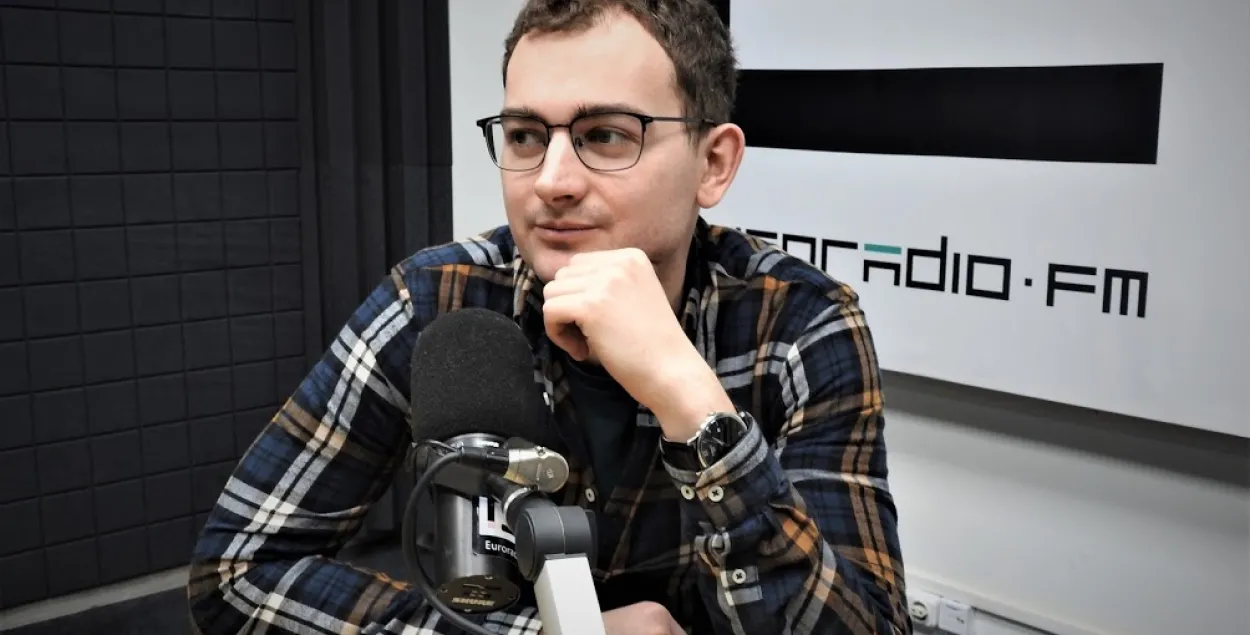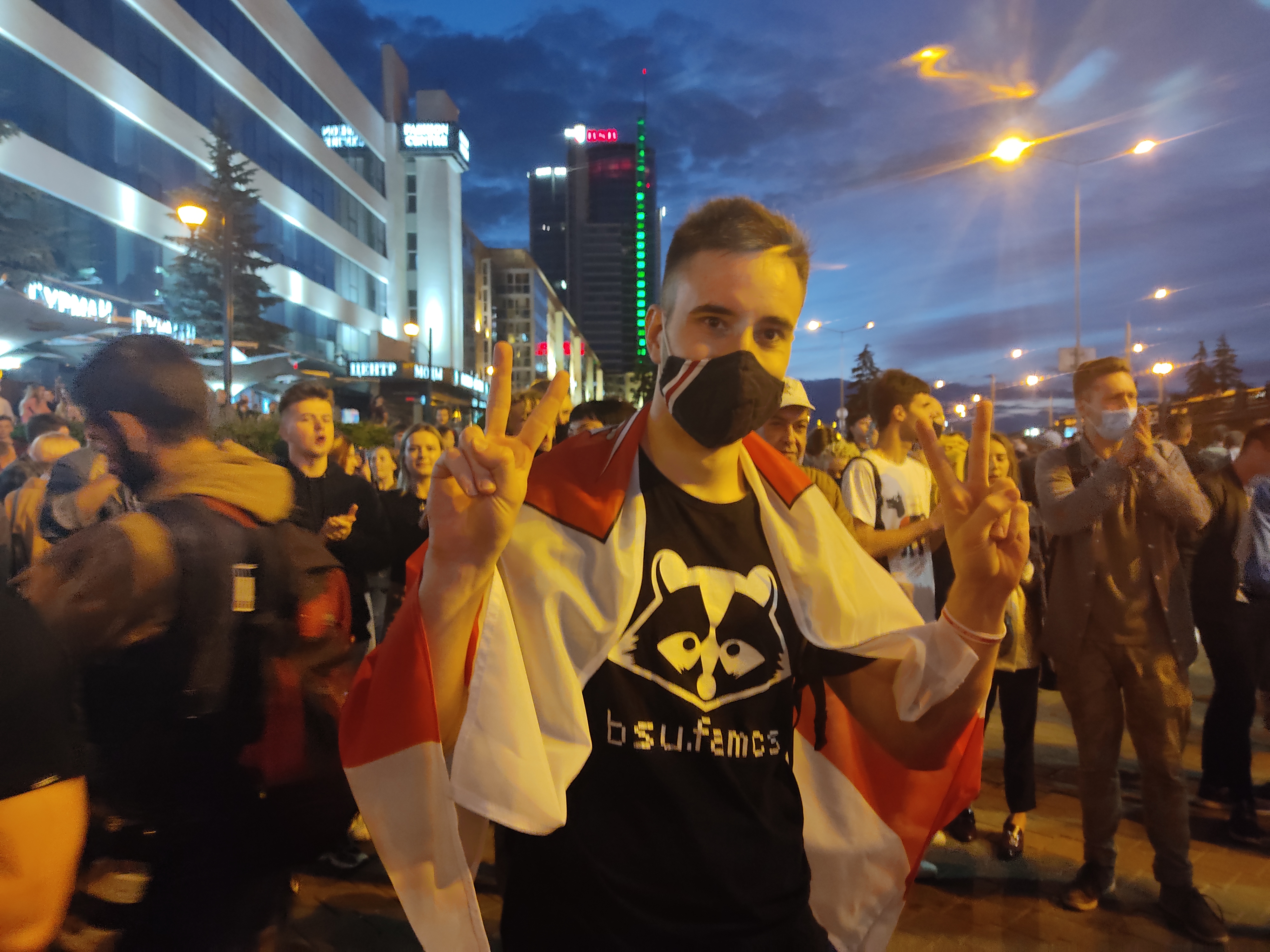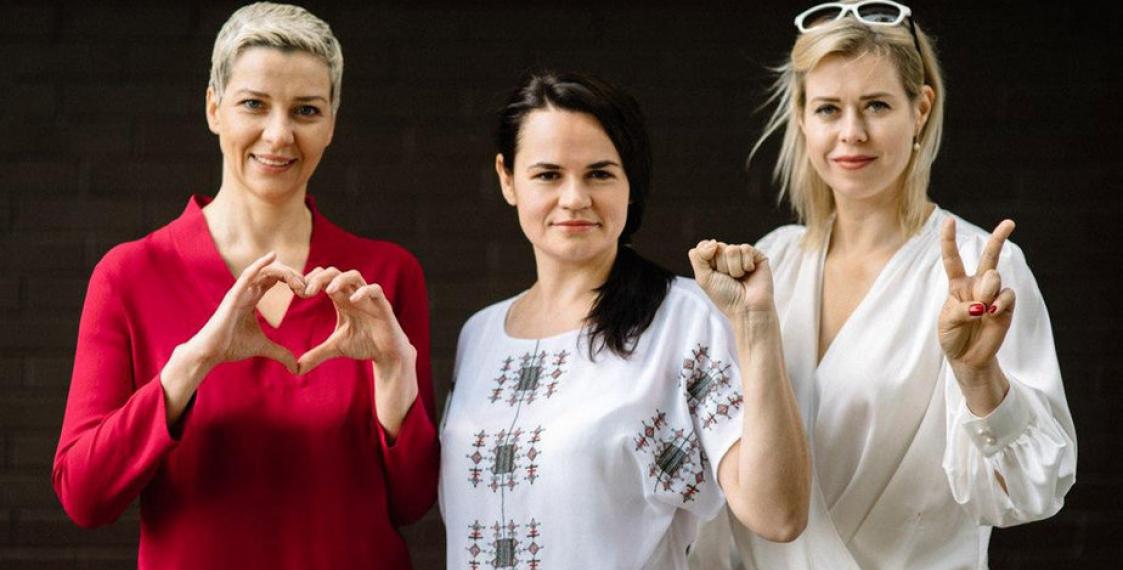Authorities raise price of protest for 'unbeaten' generation - pundit

Artyom Shraibman / Euroradio
"The coalition of election teams has shown that when you have a clear goal to change the regime, the unification happens very fast. When there is no such goal, you get endless primaries," says political analyst Artyom Shraibman. Together with Euroradio editor Zmitser Lukashuk, they discussed recent protests, the authorities' tough reaction, and possible imposition of EU sanctions.
...and the day after tomorrow they will occupy the entire square
Much depends on the position of the election teams and on how and with what the law enforcers will intimidate people. New "cases of the White Legion", provocations to undercut the desire of Belarusians to protest are also possible. The authorities are now doing everything to prevent a repeat of the 2010 scenario. It was a trauma for the Belarusian authorities.
That's why overtly harsh actions are taken at an early stage. Interior Minister Yury Karayeu openly said so. The authorities do not want to let these protest sentiments grow, and there is an authoritarian logic in this. After all, if you give a feeling that everything is possible, today people will make a chain, and the day after tomorrow they will occupy the whole square.
Today's scale of protests is a consequence of the fact that for many years there have been no repressions of the 2011 kind. The "unbeaten" generation that does not remember these repressions has grown up. People forgot that there are criminal cases. And the authorities realized that it was necessary to raise the price of protest in people's eyes.
Discontent in the "illegal" field
This is a new phenomenon that shows the radicalization of protest. When the authorities limit the legal mechanisms for expressing discontent, they push people to violence. Since the decision about this process is made by the authorities, they also have a responsibility. When you do not allow discontent to be expressed in the legal field, it will go into the "illegal" field.
And so far, the authorities have found no other reaction to it than to increase the degree of their repressions. I'm less worried about Minsk, I have a feeling that there are people working here who are trained to work with protests. But if this happens in the regions, it can be harder.
The return of people's love
I think you can sit on bayonets, but doing for a long time is uncomfortable. You start to fall into dependence on the loyalty of law enforcers, you can no longer rely on the electoral majority because you realize that it's gone. The balance of power within the nomenclature can change.
Deep inside of him, Lukashenka is a populist, he's uncomfortable with a minority backing him. He is offended by what is happening now, the jokes about 3%, etc. It is important for him to feel like a person expressing the majority opinion, even if not 80%, but at least 55-60%. When that's not the case, you get nervous, you realize that you're in a hostile environment.
I don't see an obvious way for people's love to return. The economy is in stagnation, economic decisions are changing from more or less reasonable monetary policy to less reasonable policy. This could plunge us into a new crisis. In this situation, the law enforcement agencies will play a disproportionate role.
The unification of election teams will allow everyone to stay in the campaign...
This is the best tactical solution because it allows them all to stay relevant in this campaign. Otherwise, the interest would fade. Given the outright chaos at Tsikhanouskaya's team, Babaryka and Tsapkala's teams will be significant players. For them, this is an opportunity to continue their political existence. To send a signal that the struggle continues and to bring back the enthusiasm of some people.
This situation has shown that when you have a clear goal, unification happens very quickly. Their goal is to change the regime. When there's no such goal, you get the endless primaries.
EU sanctions like chemotherapy
I think the bar for Belarus has risen since 2010. Lukashenka needs to do something much more brutal than in 2010 to reach that level of international isolation.
Both Brussels and some EU capitals realize that if sanctions are imposed, they will freeze relations with Belarus for many years and push the country into the arms of Putin. Selective sanctions in any case send a signal that "the country is toxic".
In my opinion, sanctions are a tool like chemotherapy. It can kill a tumor, but it can also kill a lot of other things. Given the situation in Ukraine, I believe that the EU is afraid of imposing sanctions. This is a mechanism that has both pluses and minuses.



















